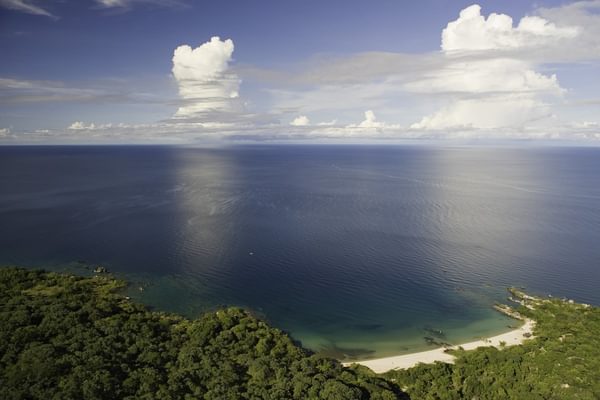Speak to a Malawi expert today
and start planning your tailor-made holiday

Alistair
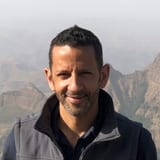
Ben


Can't decide where to go? Why not take a look at our special offers for inspiration.
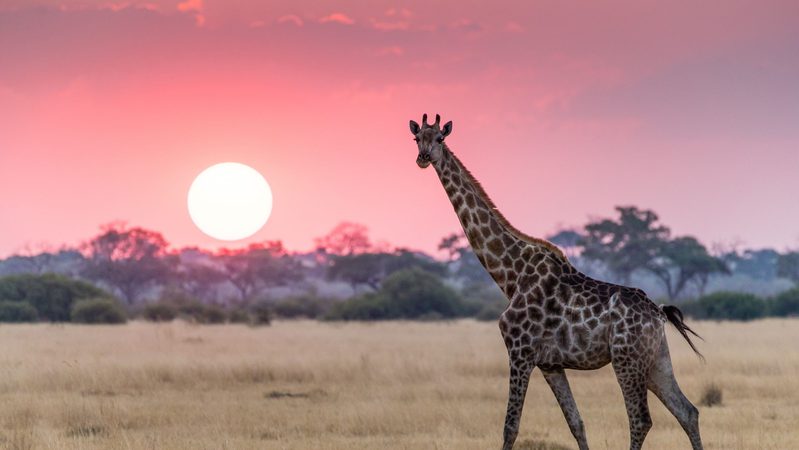
A diverse land brimming with superb safaris, pristine sandy beaches, towering snow-capped peaks and tropical underwater worlds is just waiting to welcome you

Australia offers vibrant cities, diverse landscapes, and iconic wonders like the Great Barrier Reef. New Zealand adds dramatic scenery, Maori culture, and relaxed charm. Together, they promise nature, adventure, culture, and warm hospitality.

If you're dreaming of an island getaway, look no further than the Caribbean with its gorgeous soft sand beaches and lively, diverse cultures.
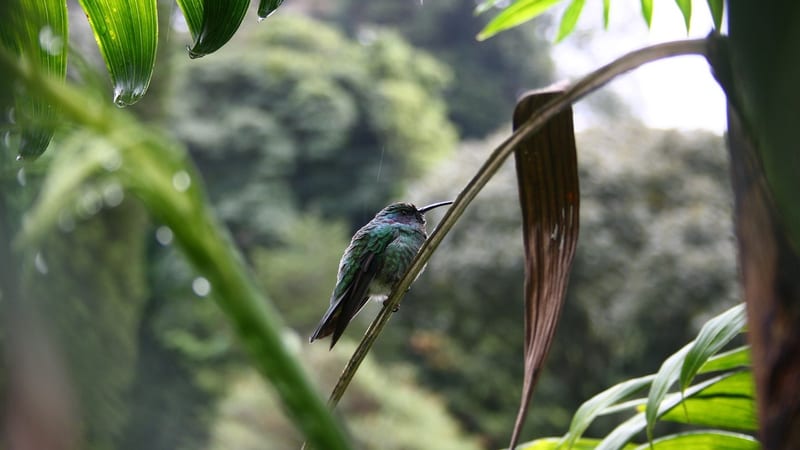
Head to the amazing destination that is Central America, full of the knowledge of ancient civilizations, incredible mountains, and beautiful beaches.

Discover vibrant cultures, pristine beaches, and tantalizing flavours in the captivating travel haven that is East and Southeast Asia

Embark on a journey through the vibrant tapestry of India, Sri Lanka, and Bhutan—where ancient temples, lush tea plantations, and soaring Himalayan peaks promise unforgettable moments at every turn.
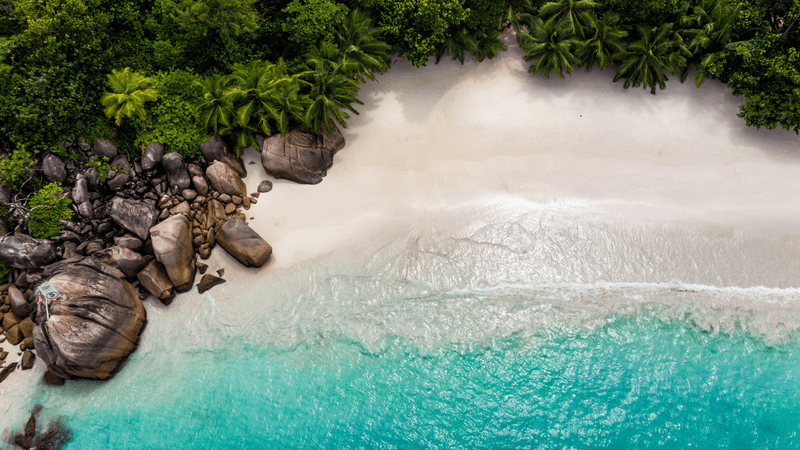
Picture yourself basking on sun-kissed beaches, sipping tropical cocktails beneath swaying palms —where crystal-clear lagoons and luxurious resorts cater to your every desire.

Experience world-class hospitality, mouthwatering cuisines, and the region’s deep-rooted cultural traditions for an unforgettable Middle East adventure.

Venture to the ends of the Earth and behold the icy majesty of polar landscapes. Discover pristine solitude, exhilarating expeditions, and breathtaking views that promise a memorable encounter with nature at its most dramatic
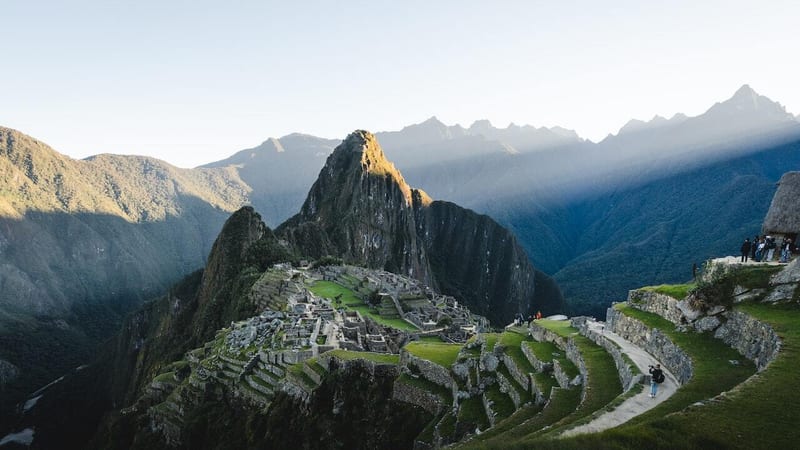
Journey into the heart of South America, where the rhythmic pulse of its vibrant cities meets the majesty of the Amazon rainforest and the timeless wonder of ancient civilizations.
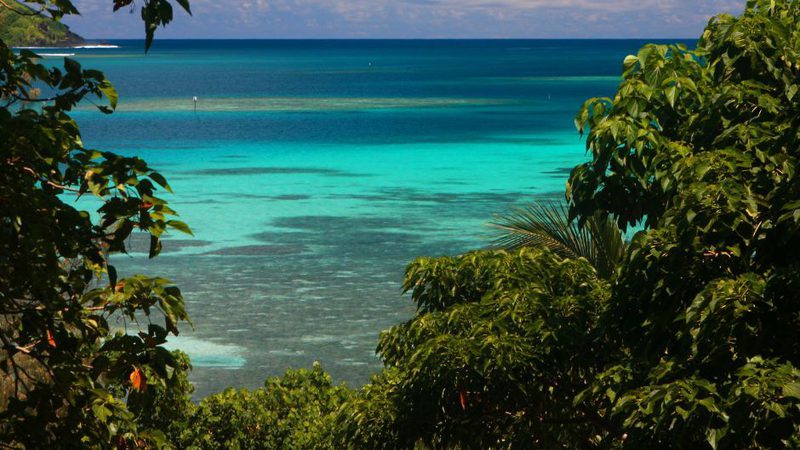
The South Pacific is a paradise of turquoise waters, white-sand beaches, and vibrant island cultures. From adventure and natural beauty to pure relaxation, each island offers its own unique charm and welcome.
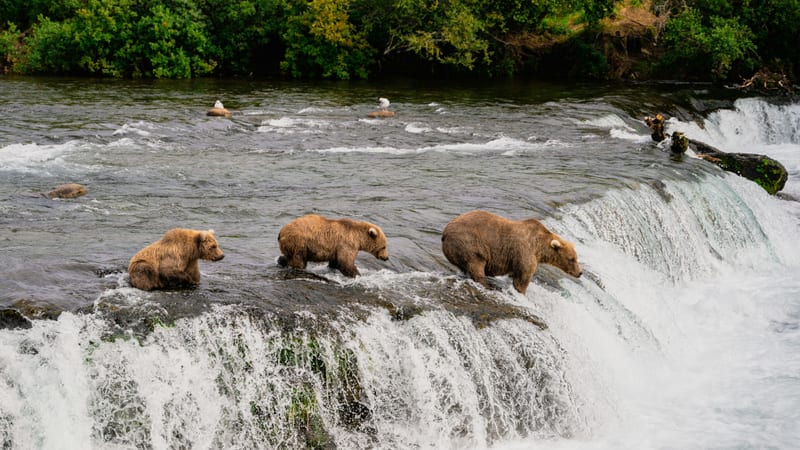
From the soaring plains of the Southwestern USA to the stunning landscapes of the expanses of Canada, visit some of the most impressive scenery in the world

If you are looking for a trip to knock iconic locations off your bucket list, check out our buck list recommendations
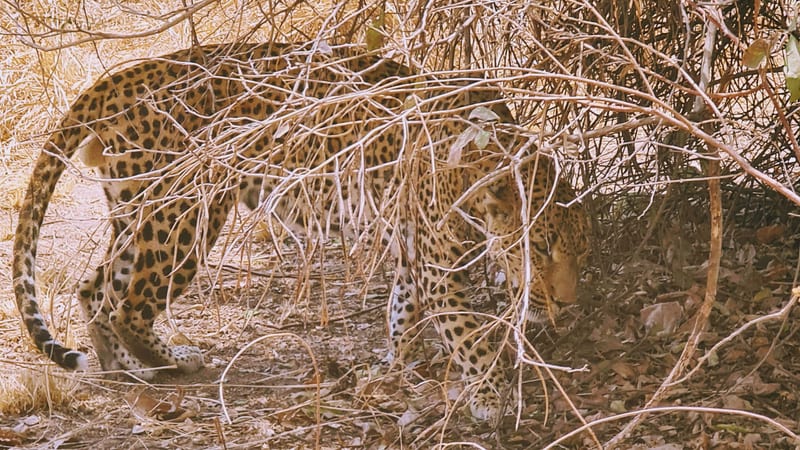
From the graceful stride of giraffes at sunrise to the echoing roars of lions beneath starlit skies, each of our safaris promises an unforgettable dance with nature.


Our family holidays are a perfect opportunity to create lasting memories, whether exploring new destinations or simply enjoying quality time together. From adventure-filled escapes to relaxing beach retreats, they offer a chance to reconnect and unwind away from daily routines.

Our luxury holidays offer the finest experiences, from exclusive resorts and private villas to tailor-made adventures with impeccable service.

For those seeking adventure beyond the usual tourist trails, our off-the-beaten-track trips take you to some of the world’s most remote and untouched destinations, where authentic cultural encounters and breathtaking landscapes await. Let us craft your unique journeys that few travellers ever experience.
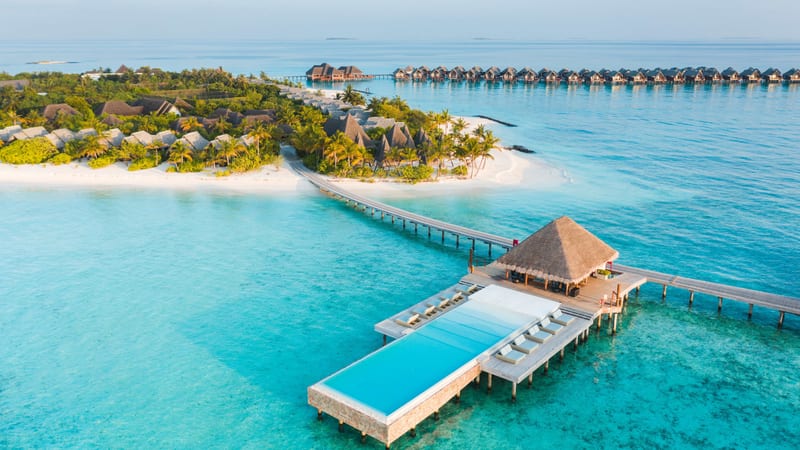
For the ultimate beach escape, we offer luxury holidays to some of the world’s most stunning coastal destinations, from the white-sand shores of Antigua to the turquoise waters of Zanzibar.

For those who crave excitement and exploration, our adventure holidays take you to some of the world’s most thrilling destinations, whether trekking through Patagonia, summiting Mount Kenya, or kayaking past icebergs in Antarctica.

Interested in something a bit more focused? How about a horse-riding holiday through Argentina? Or a photography safari? Look through our Special Interest holiday selection for inspiration

Our wildlife holidays invite you to step into unique ecosystems and experience amazing animal encounters. Whether spotting majestic tigers in the jungles of India or marvelling at polar bears in the Arctic, each trip promises awe-inspiring moments steeped in the magic of nature.

Our small group tours offer the perfect balance of expert-guided exploration and personal experience, taking you to incredible destinations with like-minded travellers. Whether it's a wildlife safari in Botswana, a cultural journey through Vietnam, or a chef-led expedition through India, our carefully curated itineraries ensure an intimate, enriching, and hassle-free experience.

Sustainability travel is at the core of what we do and a guiding principle in every choice we make as a business. Let us help you make sustainable travel choices
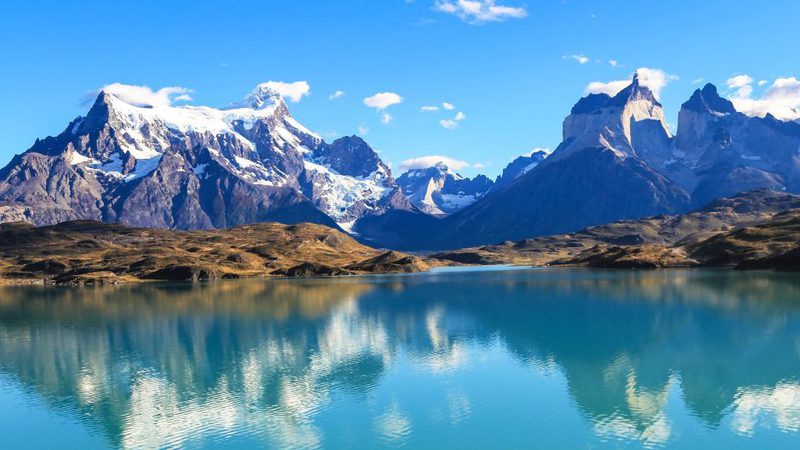
Read about what we do to make a difference

One of the most important parts of our commitment to responsible travel is protecting our clients, and it is a part that we take extremely seriously.
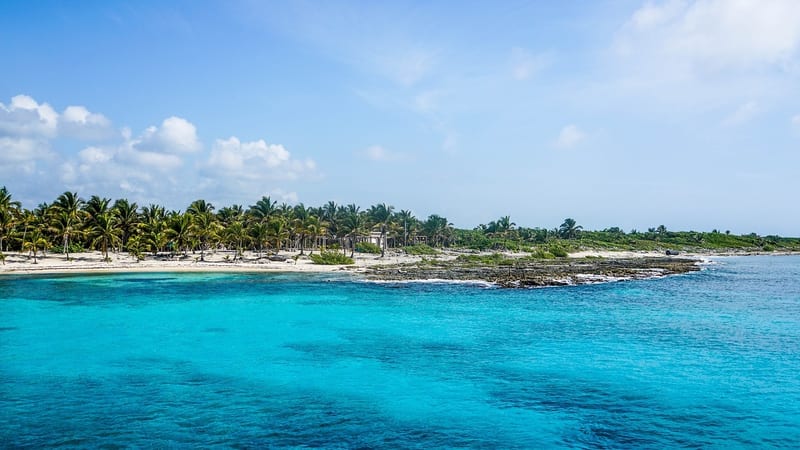
Not sure what's best for which time of year? Check out our expert-written guides

Looking for some expertise on your destination? Have a look through our selection of guides and articles written by our destination experts

Looking for more inspiration? Read from our range of hundreds of articles from our travel specialists, local guides, and personal travel tales.
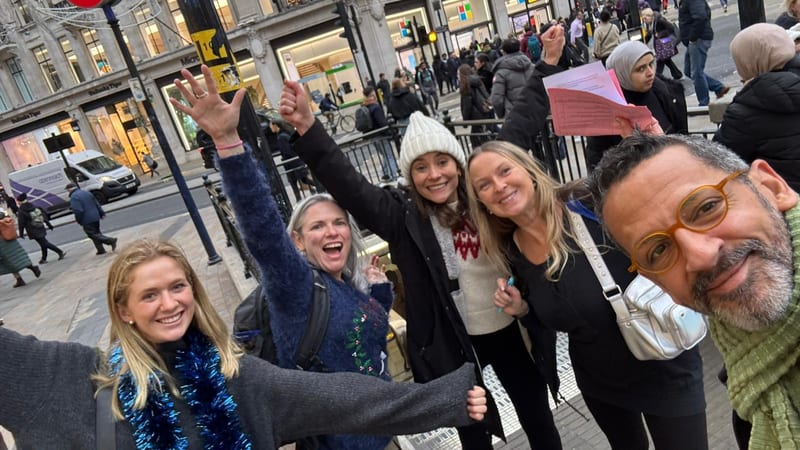
Our mission is to make every holiday special. We will do this whilst specifically aiming to minimise the environmental impact of our activity and maximise our opportunity to influence others to do the same.
The story of Malawi's incredible wildlife safari revival, an interview with Peter Fearnhead, CEO of African Parks
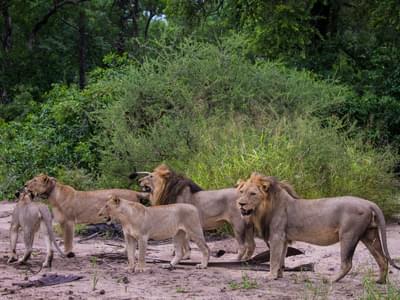
African Parks (AP) is a non-profit conservation organisation, renowned for taking on total responsibility for the rehabilitation and long-term management of national parks and protected areas across Africa. Their approach is to work in partnership with governments and local communities, supporting an ethos of making wildlife parks ecologically, socially and economically viable in the long-term. Local communities particularly benefit from this, contributing to their sustainable development in the face of competing forms of land use.
AP currently manages 13.5 million hectares, an area larger than Germany, comprised of 17 wildlife areas in 11 African countries, including Angola, Benin, CAR, Chad, Democratic Republic of Congo, Malawi, Mozambique, Republic of Congo, Rwanda, Zambia and Zimbabwe. Four of these protected areas are located in Malawi - Majete Wildlife Reserve, Nkhotakota Wildlife Reserve, Liwonde National Park and Mangochi Forest Reserve.
I caught up with Peter Fearnhead, CEO of African Parks, to get a deeper insight into the exciting and ongoing wildlife conservation journey for Malawi:

When we set out, African Parks was little more than a concept backed by our conviction that we could make it work. The question was where to test it – who was going to risk committing a national conservation asset to an organisation which had no track record. All we had to go on was our individual professional reputations and relationships built up over the years.
Dr Anthony Hall-Martin was very well known to the Malawi Department of National Parks and Wildlife (DNPW) and had a reputation as the continent’s leading elephant and rhino specialist. Over many years he had supported the Department, including helping to re-establish a founder population of black rhino in Liwonde National Park. This relationship of trust opened the door and discussions began. Initially our focus was on Liwonde National Park, arguably Malawi’s premier protected area, as we believed this would be relatively quick to get right. However, the concept attracted much scepticism and professional advisors to the Department strongly advised DNPW against it. Eventually, Mr Leonard Sefu, the Director in the Department, said that he could not risk trialling the concept in Liwonde, but would consider Majete Wildlife Reserve, which was so depleted that it had been written off and so there was little risk of failure. It was a tough decision – Majete would require much more funding and much more time to rehabilitate, yet it was our break. We agreed to do it.
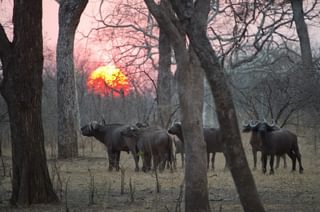
Individually, each of the protected areas has its own special character. For me, Majete shall always be a symbol of what is possible, regardless of the beginning point. Every animal is a result of a deliberate effort to restore the park, a process of bringing in more than 3,200 animals of 16 different species; every visitor is someone that is contributing to the park’s sustainability and to the economy of the country; every employee is someone that is both contributing to and benefitting from this journey. It is a joy to see.
Liwonde and Mangochi are simply spectacular – some of the most scenically attractive unspoilt habitats on the continent, teeming with wildlife, especially on the Shire floodplain. Nkhotakota is a rugged and wild landscape, which has a scale dimension to it that gives it a wonderful sense of place. All four have the most magnificent woodlands. However, it is together that they make such a diverse and rewarding experience for anyone visiting Malawi; a country that is finding its place among the continent’s most extraordinary destinations.
Through their rehabilitation, these parks are now also serving important regional conservation objectives for key species, helping to re-establish and protect significant populations of wildlife. Spanning 3,477km2 in total footprint, they harbour 90% of Malawi’s elephant, all its rhino, and recently reintroduced cheetah and lion. As a result, we are now even seeing the return of threatened vultures; up to six different species, including the East African Ruppell’s, to Liwonde for the first time in decades.


That is tough, as it is genuinely the journey that is so rewarding. The signing of the agreements marks the beginnings of each of these journeys and so stand out. The large translocations required to restock the parks, involving almost 4,000 animals since 2003; the massive exercise of darting and moving hundreds of elephant; or the release of apex predators into a park, which symbolises a level of ecological maturity, are all particular moments that I will never forget.
One particularly poignant moment was reading the report from “Happy Readers” – a partner organisation that was trialling a literacy program at Namalasa School, which we had recently helped build. The child literacy was just 6%, but after 6 months literacy had improved to 60% - this was not our result, but our projects had enabled it to happen. It is moments like these that remind us of the potential of these parks to add value to people’s lives, which is vital for their sustainability and core to our model. It is especially encouraging to see these magnificent landscapes being increasingly appreciated, not just by our visitors from offshore, but by local Malawian residents, who last year made up almost 80% of Majete’s tourism. For a park that received not one tourist, nor a single dollar, between 2000 and 2003 and contributed little in the way of employment, this is a hopeful signal of sustainability.


The job of a conservation organisation, like African Parks, is making sure that these spectacular wild areas, Malawi’s natural heritage, are preserved into the future. Therefore, in a sense, no change is a symbol of success. Malawi has been a leader in ensuring the restoration and proper management of its protected areas – it recognised its limitations, in terms of resources and skills needed for park management, and rather than lamenting these shortages, it set about putting alternative solutions in place. Five years from now, it is my hope that Malawi has continued on this trajectory and put in place solutions for all its critical conservation areas, which provide a richer set of experiences for all visitors, both local and international.

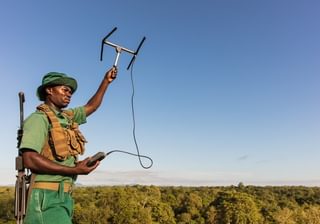
It is Malawians that make Malawi so special. Of course it is difficult to communicate this characteristic to potential travellers in the form of a photograph, so instead the spectacular images of the Shire River full of hippo, incredible birdlife, and the lions and elephants of Majete find their way into travel brochures. But, there is a reason that Malawi is called “the warm heart of Africa” – this reflects the nature of the people that live in this country and their warm, friendly and engaging nature.
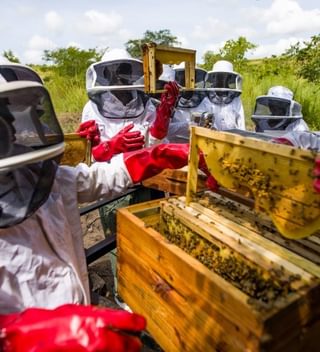


Peter Fearnhead is the Chief Executive Officer and co-founder of African Parks. He has been involved in formal conservation since the age of 13, where in his native Zimbabwe he developed a 2,000-acre wildlife reserve on the school campus. He graduated with a BSc in Agricultural Economics from the University of Natal and an MSc in Agriculture and Resource Economics from the University of Oxford. His professional career started as a management consultant with Deloitte specialising in strategy, before joining South African National Parks (SANParks), where he held a number of positions, including Resource Economist, Advisor to the CEO, and then Head of Commercial Development.
Peter has been at the forefront of innovations in conservation for over twenty-five years, particularly where this has involved crowding-in the commercial sector as a conservation strategy. Among other initiatives, Peter conceptualised and implemented the commercialization program at SANParks, turning the organisation around from near bankruptcy; established a mechanism whereby the South African Government funded land acquisition to expand parks; concluded multiple contract-park agreements, which expanded the national conservation footprint; formulated the conservation organisation African Parks; and established the African Parks Endowment Fund.

and start planning your tailor-made holiday



This was our 2nd trip organised via Far & Wild from Australia - previously Africa and now Sri Lanka. Nia and the rest of the team were great - excellent itinerary, happy to modify the trip based on my suggestions and research, and they handled some last minute changes caused by a health issue without any problems at all. They were very quick to reply to all messages - and the trip went really smoothly. If you want an up-market holiday, this is a great organisation to organise that sort of trip!
What can I say….my son and myself had the most wonderful time in Kenya thanks to the first-class itinerary that Ben and Louise put together for us. We spoke with Ben many times to ensure he ‘got it right’. This was our 2nd visit to Kenya, and it certainly lived up to our expectations and memories. Nothing was too much trouble for all the staff; we cannot have been looked after any better. I would highly recommend Far and Wild; they are so knowledgeable and have personally visited the lodges and areas. We are already planning another visit, and we cannot wait.
Thank you to Nia and Far & Wild. My wife and I wanted to go to Vietnam and capture a real taste of the country from top to bottom but didn't have a clue where to start. We weren’t even sure if it was possible. Through speaking to Nia, sharing ideas and asking questions we were able to book what looked to be an extremely exciting trip - we could not wait to go. The reality of the trip more than matched our expectations. We had unforgettable experiences that we would never have been able to organise ourselves. The true value in this trip was that someone who knew what they were doing could give us the experience we truly craved. Well done Nia, it was a holiday we will never forget and we can’t wait for the next one. Thank you!
Had an absolutely amazing 3 weeks in Chile and Argentina! We were a group of 8 friends - 4 couples. The vans used for our private excursions were very good and spacious. All the ground arrangements were as planned … the guides were very good - their English and knowledge was amazing. They made sure we had a good time. The picnic lunches were served in great locations with fabulous views and setup with tables and table cloths! Highly recommend Far & Wild! Looking to book another trip with them next year!
Seamlessly organised! Brilliant suggestions of where to go which really gave us a 360 view of Kenya and hit our families need for adventure and mine for a bit of luxury.
Alistair took time to understand what we were after and came up with an unforgettable Kenyan safari and beach holiday which we will all remember for a very long time. Real memory making trip with our 10 and 12 year old boys. Exactly what we hoped for and more!
Otti organised a superb holiday to Kenya and Seychelles for my husband and I and our 2 adult daughters. It was our first safari and we only had a vague idea about where to start. Otti made the process so simple for us, suggesting an itinerary which she tweaked following discussions about the camps and hotels, and was really quick responding to my many queries; she was friendly, helpful and gave me complete confidence we were in excellent hands throughout. Far and Wild clearly have knowledge about the places they are recommending and work as team to provide the best service - definitely a 10 out of 10 for customer service and organising an amazing holiday for us.
We can't thank the Far and Wild team enough for the most incredible trip we just had in Kenya. Otti really took into account what we were after and delivered an experience that exceeded all expectations. It was the trip of a lifetime! We had the most beautiful and unique time while on safari at the Instinct of the Mara. We really wanted to visit a camp that took ethical and sustainable practices seriously without compromising on the experience... and wow, it was truly wonderful and special! We'll definitely be returning. Our time at Diani beach was also lovely and very relaxing. Every step of the trip was seamless and we didn't have to worry about a thing. We had 4 domestic flights and a handful of car rides to take and everything was extremely organized and ran smoothly. We can't wait to book our next big trip!! Very grateful.
Ben and Tamara at Far & Wild were exceptional in every respect. They offered thoughtful advice, excellent recommendations, and meticulous planning, weaving together their personal connections to help our family transform a collection of ideas into a magnificent six-week adventure. Every detail was handled with care - no transaction overlooked - which is all the more impressive given the complexity of moving three people across four regions of the country by every mode of transport imaginable. Their expertise gave us complete peace of mind and allowed us to simply enjoy the journey. I have already recommended Far & Wild to friends and would not hesitate to do so again.
So great to be able to leave the details to the professionals at Far & Wild. Our two-week tour of Buenos Aires and southern Uruguay was pitch-perfect to our requests and goals. Amanda understood clearly what we were after, and crafted an idyllic itinerary with our style of hotels, guided tours, and transfers. Complementing Far & Wild's first-person knowledge of the territory were the excellent resources "on the ground" in Argentina and Uruguay to handle last-minute changes and requests. We've found our travel partner!
I have just returned from the most amazing trip to Tanzania, booked with Far & Wild. Everything went so smoothly from the first time I spoke with them. The planning was great, the itinerary was perfect for us, and the lodges were amazing. We spent 10 nights with an amazing guide, travelling through Northern Tanzania and even got to see the migration, which was a lifetime ambition of mine. This wasn't our first safari, so we were nervous as to how it would compare, but it was spot on. I will certainly be using them again to book our next trip....we're thinking of a relaxing beach stay next time to get over the excitement of safari!
It was a dreamy holiday on the Kenyan Coast - Far and Wild, their efficiency and professionalism allowed us to relax and be the happiest family alive !! We cannot fault them, their care and understanding of what we wanted from a holiday ensured we had the most memorable trip. We will be booking with them again for sure!
Just back from another amazing F&W organised trip to Namibia with the family (8 adults). Having been there before, Alistair tailored our trip to include our favourite locations and added a new one for us, which we loved.The quality of accommodation and guiding, activities, food and drinks was exceptional throughout. It was good value for the level of luxury we had.
We had a wonderful trip to São Tomé and Príncipe - a small island nation in the Gulf of Guinea with paradise (almost empty) beaches and jungle forest. It was all well organised by Far and Wild and we stayed at a great combination of different types of resorts/hotels. We really recommend this for those who want to experience a pristine destination with few other tourists and friendly and welcoming people. The islands also feel very safe. At Principe, there are no dangerous animals, snakes or whatever, and it was great to be able to hike in the jungle without being very conscious of where to put your hands and feet. Go before everyone else does!
Back home again, basking in the joys of a superb safari. Every aspect you arranged for us, including linking up with Mack Air and Wild Horizons locally to transport us. The choice of camps was ideally situated, comfortable, in good surroundings, and with excellent wildlife on the doorstep and throughout the wider country. The service staff in each looked after us very well, catering was excellent, and the game guides were professional, knowledgeable and helpful. You made us happy, and we recommend you to similar safari enthusiasts with confidence.
Far and Wild went above and beyond to make sure my trip to Zambia was special. I would definitely recommend them and their services to anyone wanting to travel to Africa.
Lovely holiday at the amazing Almanara on Galu beach, a beach like no other. Far and Wild excelled themselves from beginning to end of our holiday in beautiful Kenya.... What a country!,
Wow! These guys are amazing. Can’t recommend them highly enough. Friendly AND efficient! Sorted out our trip (last minute and lots of different family member needs, sorry!) in record time and everything worked like clockwork. Trip of a lifetime to the Masai Mara. Will be back (and use F&W again!)!
Get travel tips directly to your inbox every week
Give us a call on 0203 111 1315 or fill in the form below and we’ll be in touch.


